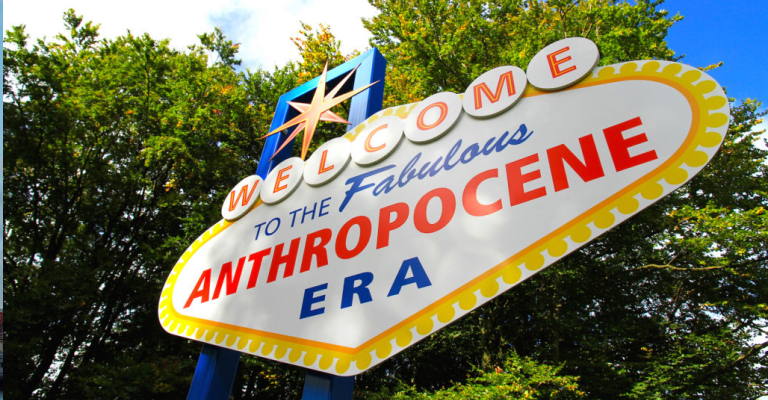Environmental Studies is problem-driven, forward-looking, and inherently interdisciplinary, with vibrant professional associations and abundant opportunities to contribute in rewarding ways to our shared prosperity. Students of Environmental Studies learn how to translate a breadth of knowledge into serendipitous moments of insight and discovery. They also develop expertise in one or more fields, which allows for an optimal balance between breadth and depth. Environmental Studies is a convivial home to natural scientists, social scientists, and humanists, and especially to those who have a foot in more than one field or discipline. As a field of study, a vocation, a profession, or a life-long passion, Environmental Studies is not for the faint of heart. Students, scholars, and practitioners of Environmental Studies are required to integrate research methodologies, information, and ways of knowing from multiple fields, which requires a certain intellectual grit. No colouring within the lines or simple memorisation and regurgitation. Those of us in the environmental studies community also frequently find ourselves struggling with the moral and emotional enormity of our work.
One of the penalties of an ecological education is that one lives alone in a world of wounds. Much of the damage inflicted on land is quite invisible to laymen. An ecologist must either harden his shell and make believe that the consequences of science are none of his business, or he must be the doctor who sees the marks of death in a community that believes itself well and does not want to be told otherwise. – Aldo Leopold
Environmental Studies at Yale-NUS
The Environmental Studies major at Yale-NUS College seeks to combine academic breadth and analytic depth to foster deep learning of and critical engagement with a variety of environmental challenges to human and planetary well-being.
Our goal is to prepare students to be knowledgeable, resourceful, curious, creative, and reflexive agents of solutions or adaptation in the emerging Anthropocene era, where the causes and consequences of environmental change will spill across tidy disciplinary lines with greater uncertainty, demanding a capacity to think simultaneously about an intimidating variety of issues. To advance this mission, Environmental Studies offers academic and applied experiences that provide students with essential analytic, research, and communication tools for interrogating human-environment interactions. We seek to foster knowledge and skills required of us all as the planet grows warmer, less biodiverse, more unequal, and in ever greater need of the wisdom and leadership that liberal arts and sciences colleges are built to nurture. In individual courses and the larger curriculum, the programme strives to practice scholarly multi-lingualism and methodological pluralism; if students will be crossing disciplinary boundaries in their environmental studies inquiries, they must be open to understanding the languages and tools employed by sometimes divergent professional and academic communities. Course courses in the environmental sciences, social sciences, and humanities allow and encourage students to approach environmental challenges from the intersection of the College’s three divisions, enhancing the likelihood of serendipitous connections across fields and the discovery of novel approaches to knotty problems.
Environmental Studies Careers
Given the growing recognition of the urgency of climate change and environmental issues, there are many career opportunities possible for graduates with an Environmental Studies degree. Even outside the realm of the environment, the systems thinking and interdisciplinary training provided to the Environmental Studies major ensures that our students are well-placed whatever career they eventually pursue after graduation. Listed below are just some of the organisations our Environmental Studies alumni have joined after graduation:
- HATCH (Eco-oriented venture capital company)
- Civil Aviation Authority of Singapore (Government)
- Ascendas-Singbridge (Urban development)
- Kyber Network (IT)
- Entrepreneur First (Eco-oriented start-up accelerator)
- The Stakeholder Company (IT)
- ID Capital (Venture capital)
- Forum for the Future (NGO)
- Synthesis (Marketing)
- Accenture (Consulting)





